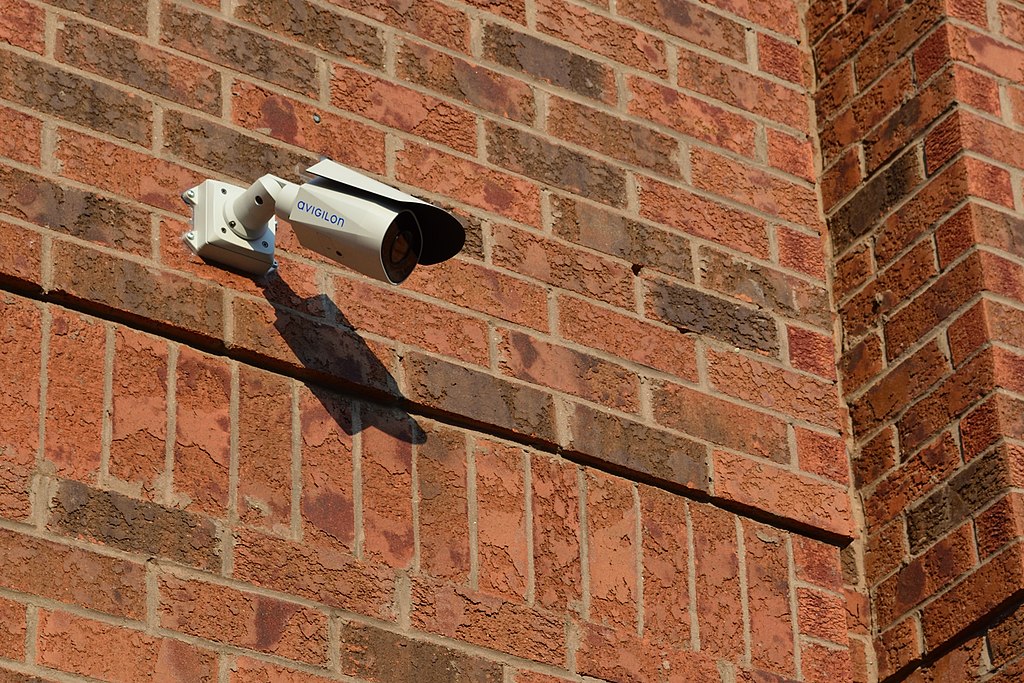In today’s rapidly evolving world, security has become a top priority for businesses and individuals alike. As technology continues to advance, traditional analog surveillance systems are being replaced by more sophisticated and effective solutions. One such solution gaining popularity is IP video surveillance. In this article, we will explore what IP video surveillance is and how it can enhance your security measures.
Understanding IP Video Surveillance
IP video surveillance, also known as Internet Protocol video surveillance, is a modern surveillance system that utilizes digital networks to transmit and store video footage.
Unlike traditional analog CCTV systems, which rely on coaxial cables, IP video surveillance systems transmit video data over an internet protocol (IP) network.
This allows for greater flexibility, scalability, and enhanced functionality in terms of monitoring, recording, and accessing video footage.
The Bureau of Justice Assistance (2010) informs us that IP video surveillance provides more intelligent data mining and information retrieval. The leap into completely IP-based technology is the best application for law enforcement and security agencies in the area of surveillance.

Key Components of IP Video Surveillance
1. IP Cameras
The cornerstone of IP video surveillance systems is IP cameras. These cameras are equipped with built-in network interfaces and use digital technology to capture and transmit high-quality video footage.
IP cameras offer a range of advanced features such as higher resolutions, improved image clarity, remote accessibility, and the ability to integrate with other security systems.
2. Network Infrastructure
IP video surveillance systems rely on existing network infrastructure or dedicated IP networks to transmit video data.
This infrastructure includes routers, switches, and cabling, which ensure the seamless flow of video footage from the IP cameras to the designated storage devices or monitoring stations.
It is essential to have a robust and secure network infrastructure to ensure the reliability and integrity of the surveillance system.
3. Video Management Software (VMS)
The VMS is the central component that enables users to manage, monitor, and retrieve video footage from IP cameras.
This software provides a user-friendly interface that allows operators to view live video feeds, conduct searches, review recordings, and configure camera settings.
VMS platforms often offer advanced features such as motion detection, video analytics, remote access, and integration with other security subsystems.

Benefits and Advantages of IP Video Surveillance
1. High-Quality Video Footage
First, IP cameras capture video footage in high resolution, delivering crisp and clear images. Additionally, this higher level of detail allows for better identification and recognition of objects, people, or incidents, enhancing overall security and reducing false alarms.
2. Scalability and Flexibility
Secondly, IP video surveillance systems are highly scalable, making them suitable for installations of any size. Also, additional cameras can be easily added to the network without the need for complex cabling, making expansion and system upgrades hassle-free.
3. Remote Accessibility
Thirdly, one of the most significant advantages of IP video surveillance is the ability to access live or recorded video footage remotely.
Equally important, with secure network connections, authorized personnel can monitor their premises or view recordings from anywhere, using a computer, smartphone, or tablet. What’s more, this remote accessibility allows for faster response times and more efficient security management.
4. Integration with Other Systems
Fourthly, IP video surveillance systems can integrate seamlessly with other security systems, such as access control or alarm systems. This integration enables synchronized operations, triggers automatic responses, and provides a comprehensive security solution.
The Family Handyman (2023) says
Choose an IP security camera if:
-
You’re concerned about your privacy: Storing your footage locally on an NVR means it stays with you, not on a camera company’s servers. While it can still be hacked if your Wi-Fi isn’t secure, you don’t have to worry about a camera company security breach.
-
You don’t want to pay storage fees: Most cloud security camera companies charge to store your camera footage. Storing on your NVR is free.
-
You want good video quality: IP cameras offer video quality superior to cloud cameras.
-
You don’t want to be dependent on internet service: Hardwiring your camera to the NVR ensures you record footage whether you have internet service or not (para. 11).

Wrapping Up
In conclusion, utilizing IP video surveillance systems is a smart choice for businesses and individuals who prioritize enhanced security today and in the future. With their advanced feature, IP video surveillance systems offer a robust and efficient solution to monitor, protect, and secure your assets.
Furthermore, whether it’s a small office or a large-scale installation, IP video surveillance can provide the peace of mind you need in an ever-changing security landscape. Finally, we offer security solutions for a wide range of businesses like, high-tech centers, hotel and hospitality services, warehouse facilities, and more.
References
Bradford, Alina. (2023, October 13). Ip camera vs cloud camera: which is right for you. Family Handyman. https://www.familyhandyman.com/article/security-camera-ip-camera-vs-cloud-camera/
The Bureau of Justice Assistance. (2010, September 6). Video policing utilizing ip-based video surveillance. U.S. Department of Justice. https://bja.ojp.gov/funding/awards/2010-dd-bx-0629


